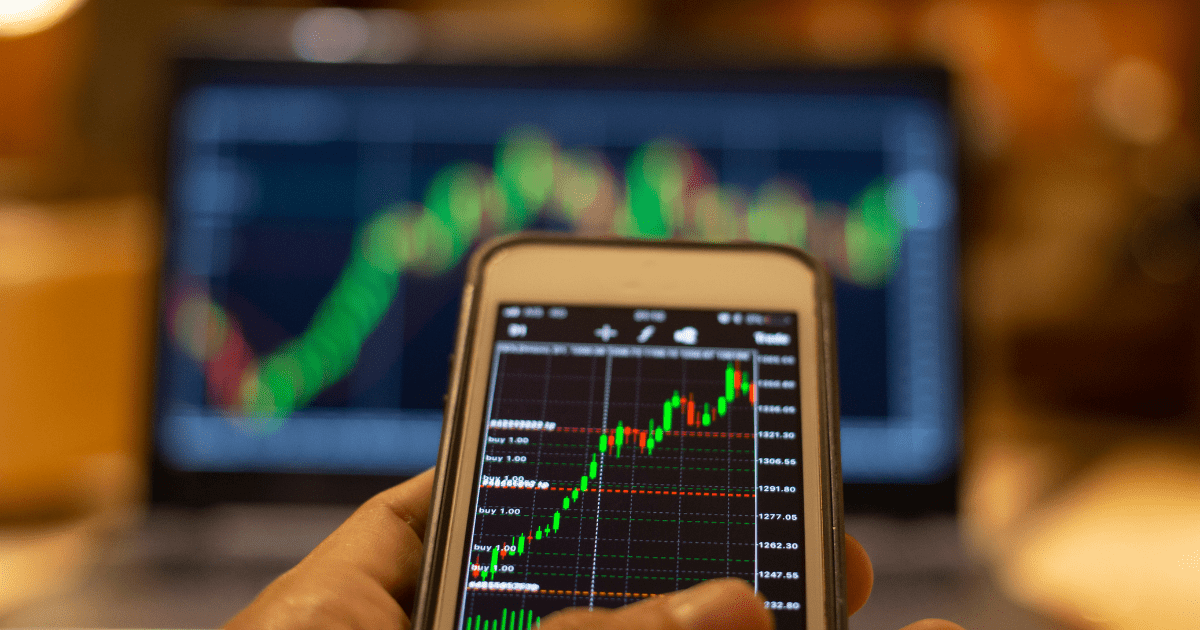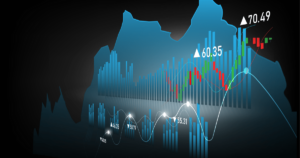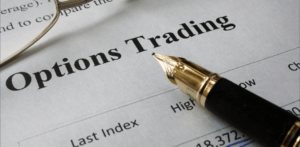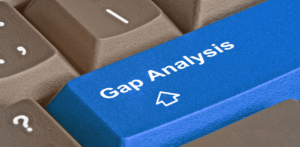Introduction
Forex trading, as the world’s largest and most liquid financial market, offers numerous opportunities for individual traders. Opening a Forex account is the first step towards participating in this dynamic market. While the process may seem daunting at first, this comprehensive guide will walk you through the essential steps and considerations involved in opening a Forex account. From finding the right broker to understanding different account types, depositing funds, and starting your trading journey, we will cover everything you need to know.
Understanding the Forex Market
In this section, we will discuss the appeal and popularity of Forex trading, highlighting its global nature, high liquidity, and the availability of trading opportunities around the clock. Traders are drawn to the Forex market due to its potential for profit, the ability to trade various currency pairs, and its responsiveness to economic and geopolitical events.
Finding the Right Forex Broker
Choosing a reputable Forex broker is crucial for a successful trading experience. We will delve into the importance of broker selection, emphasizing factors such as licensing, regulation, transparency, and customer support. Additionally, we will guide you through the process of researching broker services, including trading tools, research resources, available instruments, and fee structures.
Exploring Different Forex Account Types
This section will provide an in-depth analysis of various Forex account types, including demo accounts, standard accounts, micro and nano accounts, copy trading accounts, and Islamic accounts. We will discuss the features, advantages, and target audience for each account type, helping you make an informed decision based on your trading goals and preferences.
Opening a Forex Trading Account
Here, we will provide a step-by-step guide to opening a Forex trading account. We will cover the account setup process, including creating login credentials, selecting the account type, and submitting the necessary identification and verification documents. We will also explain the KYC requirements and the timeframes associated with the verification process.
Depositing Funds Into Your Trading Account
To fund your Forex trading account, you need to understand the deposit requirements and available payment methods. We will discuss the minimum deposit amounts, payment options such as bank transfers, credit cards, and e-wallets, and the transaction process. Emphasis will be placed on choosing secure and reliable banking options to ensure the safety of your funds.
Getting Started with Forex Trading
Once your account is set up and funded, it’s time to start trading. This section will guide you through the essential steps, including understanding the trading platform, analyzing market trends, developing a trading strategy, managing risk, and executing trades. We will emphasize the importance of continuous learning, discipline, and adapting to market conditions.
Common Inquiries About Forex Accounts
In this section, we will address common questions and concerns related to Forex accounts. We will explore whether there are any fees associated with opening an account, the differences between demo and live accounts, and how to choose the right account type based on individual trading needs. By providing clear and concise answers, we aim to alleviate any uncertainties traders may have.
Key Takeaways
- Opening a Forex account involves selecting a reputable broker, considering account types, and fulfilling KYC requirements.
- Researching brokers, their services, and regulatory compliance is crucial for a safe and satisfactory trading experience.
- Demo accounts allow risk-free practice, while standard, micro, and copy trading accounts cater to different trading preferences.
- Islamic accounts are designed for traders seeking Sharia-compliant trading opportunities.
- Consider minimum deposit requirements, available payment methods, and security when depositing funds into your trading account.
- Develop a trading strategy, manage risk effectively, and continuously educate yourself to improve your trading skills.
- Demo accounts provide a risk-free environment for practice and familiarizing yourself with the trading platform.
- Live accounts involve real money and actual market conditions, requiring careful decision-making and risk management.
- Choose the right account type based on your trading experience, goals, and risk tolerance.
- Opening a Forex account typically does not involve fees, but be aware of any potential trading or withdrawal fees charged by the broker.
- Take advantage of the educational resources, market analysis, and customer support provided by your broker.
By following the steps outlined in this comprehensive guide, you will be well-equipped to open a Forex account and embark on your trading journey with confidence. Rememberto conduct thorough research, choose a reputable broker, and continuously improve your trading skills. The Forex market offers immense potential, but success requires knowledge, discipline, and adaptability.








